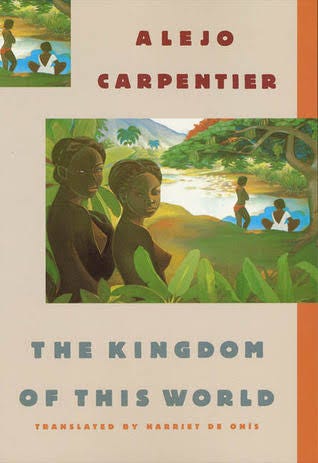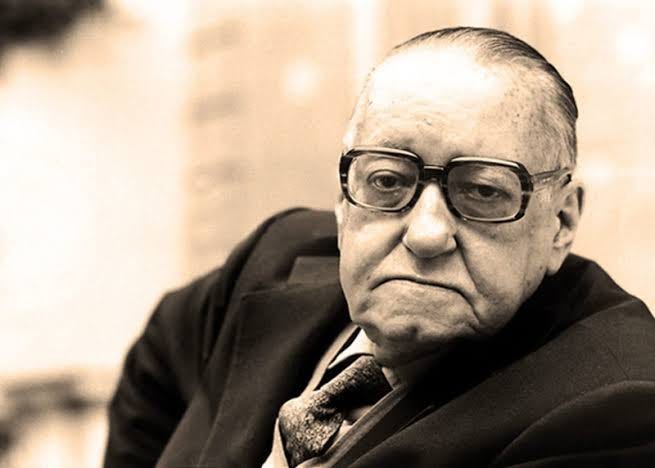The Kingdom of This world by Alejo Carpentier: The Inception of Latin American Magical Realism
A novel by the writer who brought magical realism to the Latin America from Europe.
Ti Noel was astonished at how easy it is to turn into an animal when one has the necessary powers. In proof of this he climbed a tree, willed himself to become a bird, and instantly was a bird.
In the book about magical realism that I read, Alejo Carpentier is mentioned as an important figure responsible for bringing European magic realism, which he believed was artificial and experimental, to Central America and christening his interpretation of it that's deeply rooted in the culture and history of the land as marvelous realism. This reference made me eager to become acquainted with his work. That was how I happened to read 'The Kingdom of This World,' which is considered his first great novel and a precursor of the Latin American Boom of literature. It is a historical novel set against the background of the Haitian Revolution.
The Haitian Revolution is an important historic event because it's the only successful slave uprising in the world that resulted in a free state ruled by self-liberated slaves. While setting his novel in Haiti during the period around the uprising, the writer interestingly doesn't cover the events or the personalities extensively in the book. Instead, he makes his protagonist Ti Noel, a Black slave, an observer of the happenings who doesn't participate actively. In fact, for the most stretches of the revolution, we find that he is not even present in Haiti, but in Cuba with his alcoholic master, who eventually loses him in gambling.
The writer uses many of the traits of magical realism, like pitting the realistic outlook of the whites against the events, against the 'voodooistic' magical perception of the same by the Black slaves. The narrative uses the matter-of-fact and non-judgmental style and follows the story from both sides. While we see the events predominantly from the eyes of Ti Noel, the novel also uses the perspective of Pauline Bonaparte, who moves from the realist colonial woman who loves to use the slaves for her pleasure to a voodoo believer who desperately hopes it can save her husband from yellow fever. We also get the perspective of Henri Christophe, the Black monarch of Haiti, who doesn't believe in voodoo and is more adherent to the colonial Christian beliefs.
One important theme of the novel is about the plight of the slaves, which remains the same under any master—white, Black, or mulatto. In fact, the protagonist finds that the life under whites is a little bit better because the loss of the life of a slave was considered a financial loss. But Black masters don't even have that consideration. This predicament makes it necessary to begin a new uprising, which has to be more violent than before. When the rule of Henri becomes more tyrannical, we hear the voodoo drums beating from far off and a sense of imminent violence nearing.
The sense of sound is used masterfully by the writer. The drums, chantings, songs, and horns invoke the African roots of slaves in contrast to the sounds of guns, whips, the barking of dogs, and Christian ceremonial songs by the colonizers. But when the novel progresses, we find that this barrier is broken, and the new Black monarch uses the same sounds as the European colonizers. The response to it is the voodoo sounds of drums and horns. Sound is a major element of Carpentier's tale, which gives the reader a sense of the place and time and also a grip on the plot.
The novel blends fictional elements with the history of the Haitian Revolution and creates a tale that breaks the barriers of the experience of the reality for its readers. It explores themes like violence, power, and spirituality. Its portrayal of the continuation of the cycle of evil is still relevant today, and this makes it a perfect post-colonial novel. While reading, one can find the imperfections in its magical realism, as its narrative shifts through space and time are not handled as smoothly as the later masters, like Marquez, creating a jarring effect. As an inception point of the Latin American magical realism, a historical narrative of the Haitian Revolution, and a brilliant portrayal of shifting power dynamics, this novel is significant in literary history.





